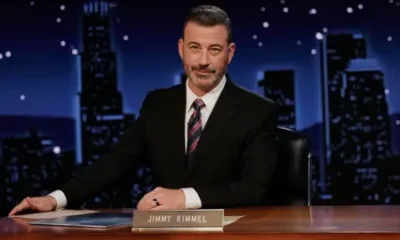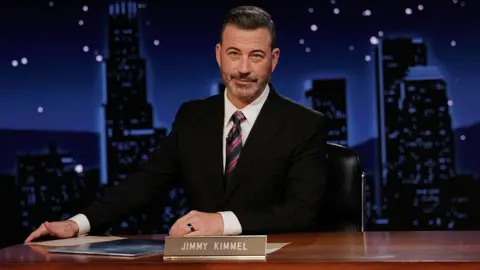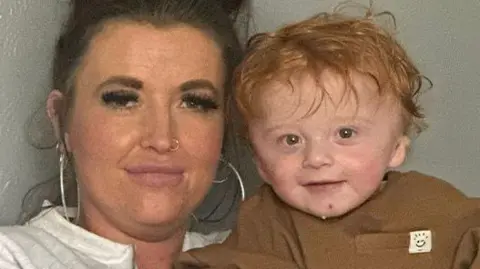IRAN LOOKS SET to come under sweeping UN sanctions for the first time in a decade – barring an unexpected last-minute breakthrough – after nuclear talks with the West floundered.
The UN nuclear watchdog said that inspectors had been allowed to return to Iranian sites, but Western powers did not see enough progress to agree to a delay after a week of top-level diplomacy at the UN General Assembly.
European powers set the clock ticking a month ago for the “snapback” of the UN sanctions, accusing Iran of failing to come clean on its nuclear programme – including through countermeasures it took in response to Israeli and US bombing.
Iran has recalled its envoys in Britain, France and Germany for consultations, after the three European countries triggered the mechanism, Iranian state television said.
The sanctions are set to come into effect at 1am Irish time on Sunday (8pm on Saturday in New York).
They will set up a global ban on working with companies, people and organisations accused of developing Iran’s nuclear programme or ballistic missiles.
Iranian President Masoud Pezeshkian said there was no reason to reach a deal when, in his view, Israel and the US were seeking to use the pressure to topple the Islamic republic.
“If the goal had been to resolve concerns on the nuclear programme, we could easily do that,” Pezeshkian told reporters, as he insisted again that Iran will never pursue nuclear weapons.
Pezeshkian, who met during the week with French President Emmanuel Macron, said France had proposed that Iran give up its stockpile of highly enriched uranium in return for a one-month delay in the return of sanctions.
“Why would we put ourselves in such a trap and have a noose around our neck each month?” he said.
He accused the US of pressing the Europeans not to reach a compromise.
Steve Witkoff, Trump’s friend and Middle East envoy, had said that the US does not want to hurt Iran and was open to further talks.
But Pezeshkian charged that Witkoff lacked seriousness, saying he had backtracked on agreements during earlier talks – which abruptly stopped when Israel launched its military campaign.
No Russia enforcement
The sanctions are aimed at imposing new economic pain to pressure Iran, but it remains to be seen if all countries will enforce them.
Russian deputy ambassador Dmitry Polyansky said Friday that Moscow, a top partner of Iran, considered the reimposition of sanctions “null and void.”
Russia and China sought at the Security Council Friday to delay the reimposition of sanctions until April but failed to muster enough votes.
The US already has unilateral sanctions on Iran and has tried to force all other countries to stop buying Iranian oil, although companies from China have defied the pressure.
Trump imposed a “maximum pressure” campaign during his first term when he withdrew from a landmark 2015 nuclear agreement negotiated under former president Barack Obama, which had offered sanctions relief in return for drastic curbs on Iran’s nuclear programme.
The new sanctions mark a “snapback” of the UN measures that were suspended under the 2015 deal, which had been strongly supported by Britain, France and Germany after Trump’s withdrawal.
The International Crisis Group, which studies conflict resolution, said in a report that Iran seemed dismissive of the snapback as it had already learned to cope with the US sanctions.
But it noted that the snapback was not easy to reverse as it would require consensus at the Security Council.
“It is also likely to compound the malaise around an economy already struggling with high inflation, currency woes and deepening infrastructure problems,” the report said.
Israeli Prime Minister Benjamin Netanyahu, in a defiant UN address Friday, urged no delay in the snapback and hinted that Israel was willing to again strike Iran’s nuclear programme, after the 12 days of bombing in June that Iranian authorities say killed more than 1,000 people.
Pezeshkian said that Iran would not retaliate against the sanctions by leaving the nuclear Non-Proliferation Treaty, warning that unnamed powers were seeking a “superficial pretext to set the region ablaze.”
















































